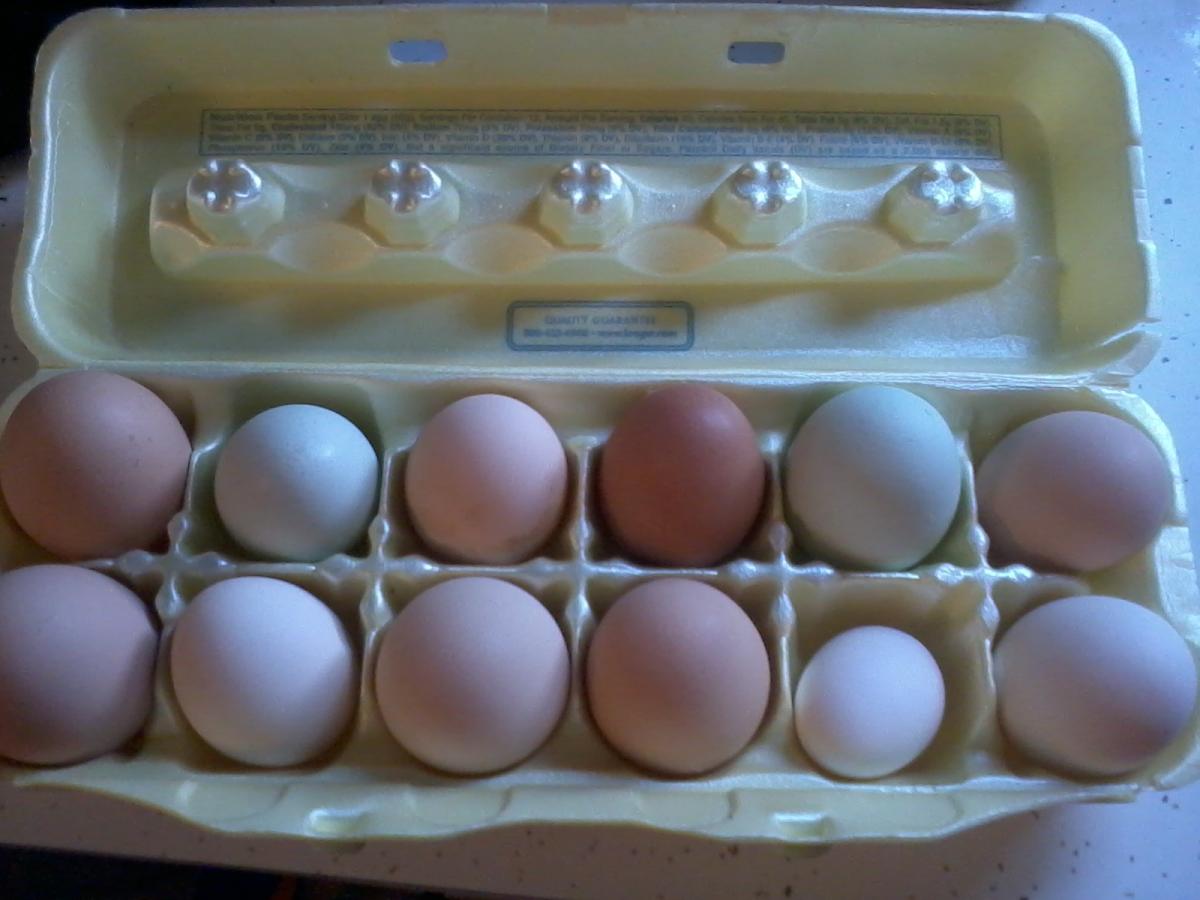Copyright 2014-2026
Copyright © 2014-2020 1000EcoFarms, LLC. All Rights Reserved. Designated trademarks and brands are the property of their respective owners.
1000eсofarms community members are responsible for ensuring they have all necessary rights to the content they are posting on the site. The opinions and words expressed by the users of the site are those of individual contributors, not 1000ecofarms. If you would like to report abusive language or copyright infringement, please contact us at info@1000ecofarms.com. Your use of our services indicates that you agree to follow and be bound by 1000ecofarms Terms of Use. If you do not agree to the Terms, do not access or use the services.


